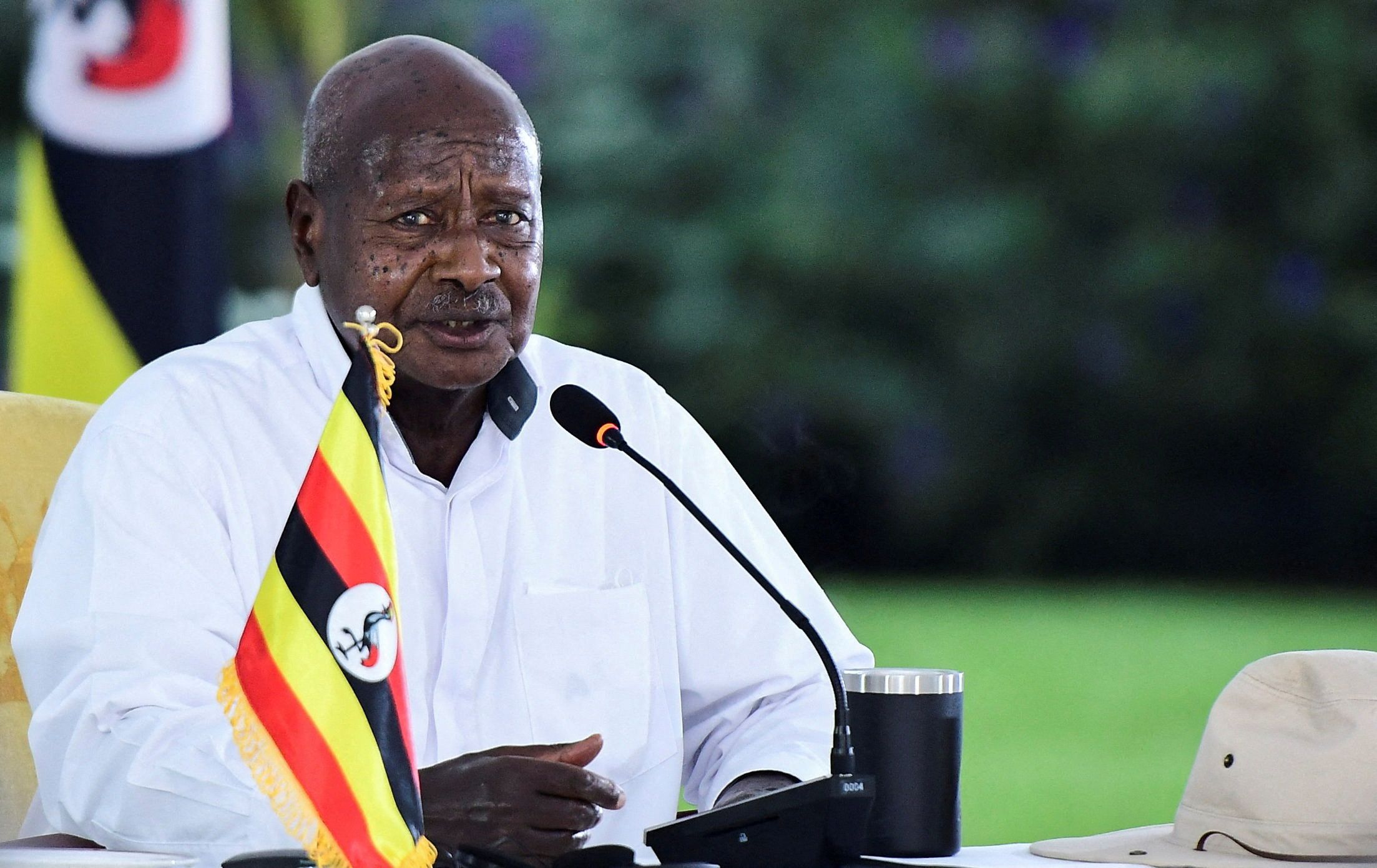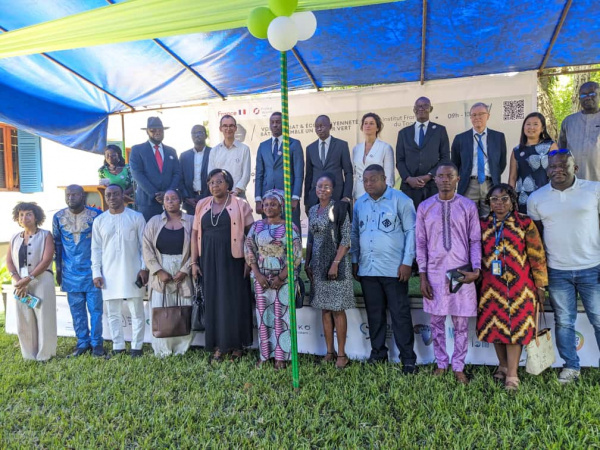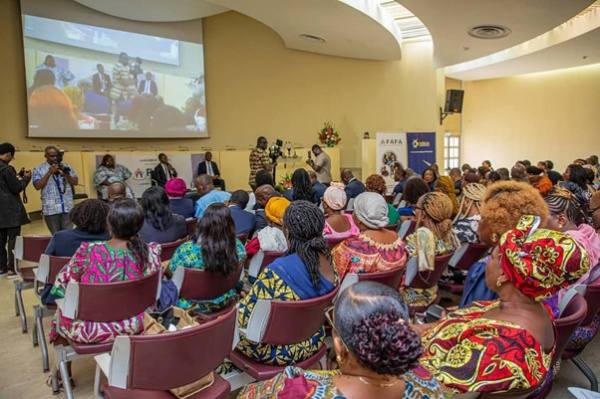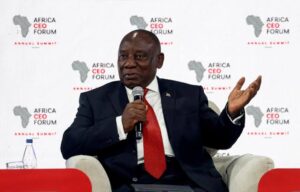Uganda’s parliament passed an amended law on Tuesday that permits military tribunals to try civilians, despite a Supreme Court ruling in January that banned such trials. The move has prompted protests from the opposition, who argue that it violates the Supreme Court’s decision.
Opposition politicians and rights campaigners have long criticized the practice, which has been in use for the last two decades. They accuse the government of using courts martial to silence opponents, an accusation the government denies.
Parliament announced the passage of the legislation in a post on the X platform.
Muhoozi Kainerugaba, the head of the military, praised the speaker of parliament and government lawmakers for passing the bill, stating on X, “Today, you proved you are fearless patriots! Uganda will remember your courage and commitment.”
Read more: Togo: A Paid Public Holiday on Friday, May 2, 2025.
Military spokesman Chris Magezi said the law “will deal decisively with armed violent criminals, deter the formation of militant political groups that seek to subvert democratic processes, and ensure national security is bound on a firm foundational base.”
During a debate on the law, opposition politician Jonathan Odur called the legislation “shallow, unreasonable and unconstitutional,” adding, “There’s no legal basis to provide for trial of civilians in the military court.”
The next step is for President Yoweri Museveni to approve the law for it to take effect.
In its January ruling, Uganda’s Supreme Court forbade military trials of civilians, stating that the tribunals lacked legal competence to handle criminal trials in a fair and impartial manner.
The verdict forced authorities to transfer the trial of a major opposition figure, Kizza Besigye, who was undergoing military prosecution for offenses including treason, to a civilian court.
Besigye, who has previously challenged incumbent Museveni four times in elections, was detained in neighboring Kenya last year and brought to Uganda to face a military court. His lawyers and his party, the People’s Front for Freedom (PFF), have called the charges politically motivated.
Opposition leader Bobi Wine was also charged in a military court in 2018 for alleged illegal possession of firearms, although the charges against the pop star-turned-politician were later dropped.
Human Rights Watch has previously criticized Uganda’s military courts, stating that they did not meet international judicial standards of competence, independence, and impartiality. The rights group also said that the courts routinely use evidence extracted through torture of defendants while also ignoring other key fair trial rules. The military denies these accusations.









